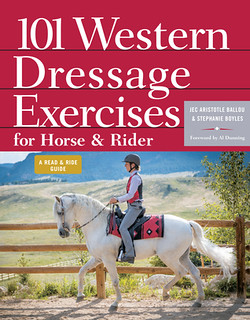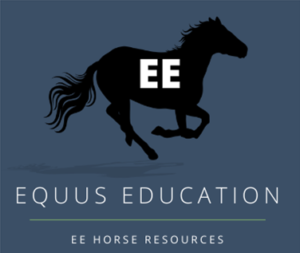I try to participate in Blog Action Day each year to raise awareness on a particular topic that is being blogged about by many others all around the world. Because Equus-Blog is equine education focused, I like to put a horse related spin on the topic if I can.
There is much inequality in the horse world:
- consider wages in the racing industry or thoroughbred breeding industry (usually minimum wage or higher) with the competition industry (often little money or ‘perks’ offered such as getting to ride quality horses or live on site and work incredibly long hours with little financial gain)
- horses that don’t perform well are often considered invaluable and sold for meat or given away so that they don’t cost the previous owner
- some particular disciplines in the equestrian world are considered higher in worth over others
Now this may appear a cynical or negative spin, and I love the horse industry, its variation and all it has to offer – so don’t misread me on this post! I just thought I’d point out that there are some prejudices or inequalities that can be found in it.
However, you can also find some incredible rewards – financial, networking, skills based, travel related and so much more. And that is a reason that I love the equine industry, to a fault.
How do you feel inequality affects the horse industry? I’d love your feedback!




